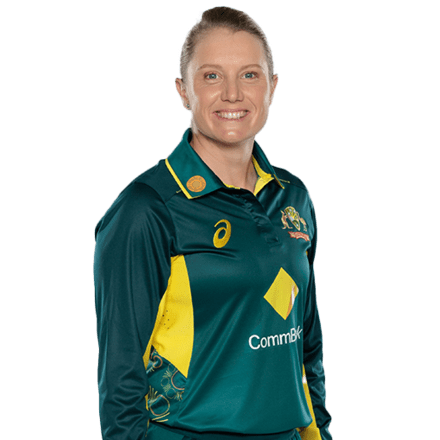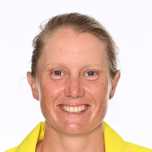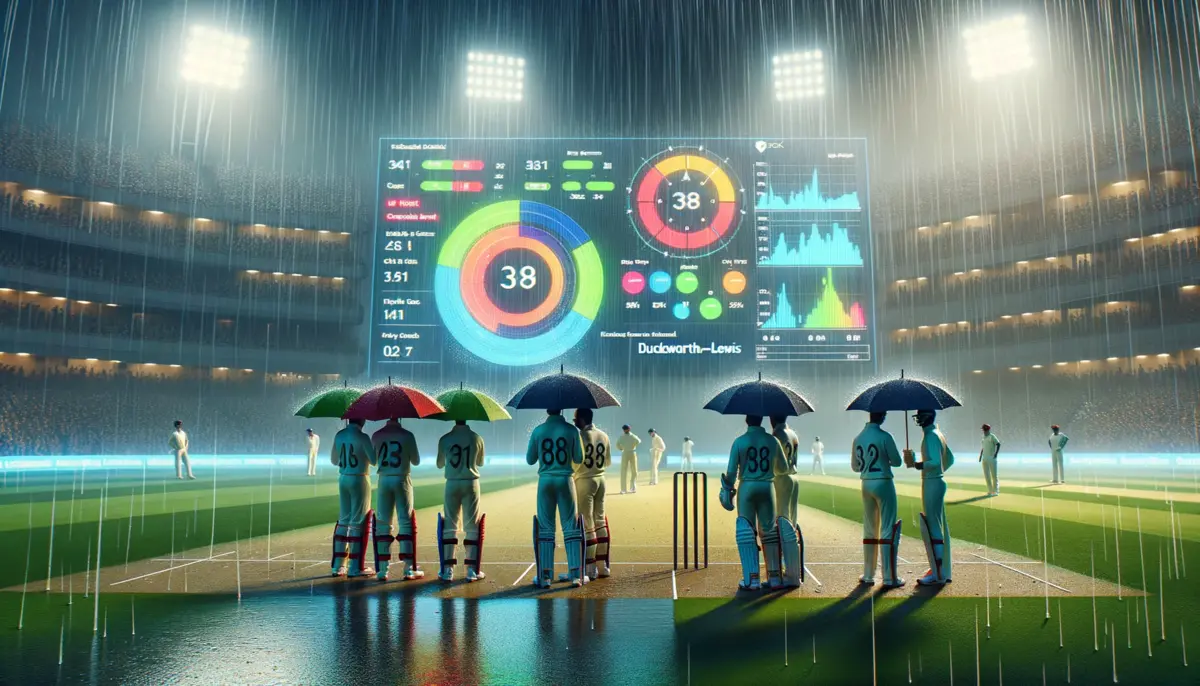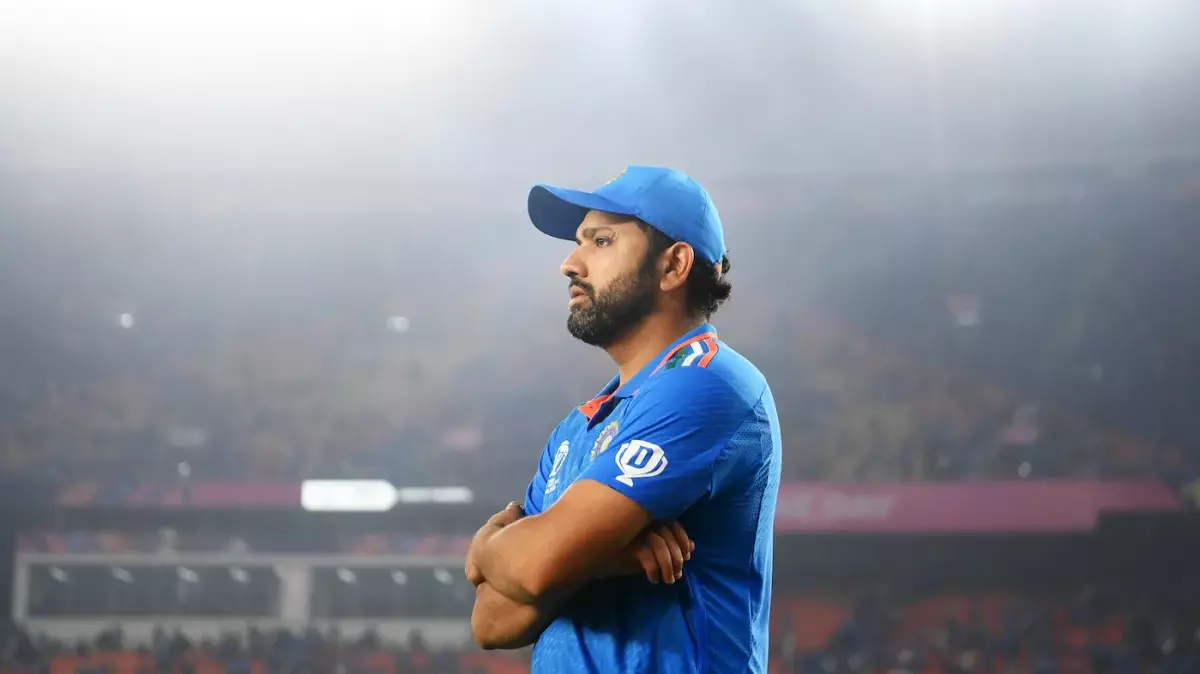Home » Cricketers » Alyssa Healy
About Alyssa Healy
Alyssa Healy, hailing from Sydney, is no stranger to the grand stage. Her journey in cricket began with rapid progress through the representative ranks in New South Wales, eventually earning her debut for the Lendlease Breakers during the 2007-08 season. In her early years, she temporarily set aside her wicketkeeping gloves to further hone her skills as a top-order batter.
During the 2009-10 domestic season, Healy made a significant decision to resume her role behind the stumps, a move that would prove pivotal in her career. This season marked her breakthrough, as she achieved her highest individual score of 89 not out and led the Women’s National Cricket League (WNCL) in dismissals.
Healy’s impressive performances did not go unnoticed, leading to her inclusion in the national side for the 2010 Rose Bowl Series against New Zealand at the age of 19. A few months later, she played a pivotal role in Australia’s victory at the ICC Women’s World Twenty20 in the West Indies.
Her journey continued to flourish, and during the 2012 tour of India, Healy delivered some of her finest international performances, including a career-best 90 in a T20 match at Vizag. Success continued to follow her as she became part of the victorious team in the ICC Women’s World Twenty20 in Sri Lanka that same year. She also contributed to Australia’s ICC Women’s World Cup triumph in India in 2013 and secured another victory in the World T20 tournament in Bangladesh in 2014.
Healy’s participation in the Women’s Big Bash League (WBBL) began shortly after helping Australia regain the Ashes from England in 2015. She joined the Sydney Sixers for the inaugural edition of the WBBL.
In 2018, Healy’s remarkable performances earned her the title of ICC T20 Player of the Year, significantly contributing to Australia’s fourth ICC World T20 title. Her success reached new heights in 2020 when she was named Player of the Match in Australia’s T20 World Cup Final victory over India at the MCG.
In 2022, Healy achieved further milestones by smashing 170 against England, leading Australia to World Cup victory in Christchurch. Later that same year, she was appointed as Australia’s vice-captain following the retirement of Rachael Haynes, and she stepped in as the seventh woman to captain Australia in a T20 International during the tour of India, further solidifying her position as a prominent figure in Australian cricket.
| Profile Details | |
|---|---|
| Full Name | Alyssa Healy |
| Born | March 24, 1990, Gold Coast, Queensland |
| Country | Australia |
| Role | WK-Batsman |
| Batting Style | Right Handed Bat |
| Bowling Style | |
Alyssa Healy Career Statistics
| Format | Matches (M) | Innings (Inn) | Not Outs (NO) | Runs (R) | High Score (HS) | Average (Avg.) | Balls Faced (BF) | Strike Rate (SR) | Hundreds (H) | Fifties (50x) | Fours (4s) | Sixes (6s) |
|---|---|---|---|---|---|---|---|---|---|---|---|---|
| Test | 6 | 10 | 0 | 236 | 58 | 23.6 | 428 | 55.14 | 0 | 1 | 35 | 2 |
| ODI | 95 | 83 | 11 | 2639 | 170 | 36.65 | 2635 | 100.15 | 5 | 15 | 361 | 27 |
| T20i | 139 | 121 | 19 | 2484 | 148 | 24.35 | 1953 | 127.19 | 1 | 14 | 328 | 45 |
| Format | Matches (M) | Innings (Inn) | Balls (B) | Runs (R) | Wickets (W) | BBM | Average (Avg.) | Economy (Econ.) | Strike Rate (SR) | 5W | 10W |
|---|---|---|---|---|---|---|---|---|---|---|---|
| Test | 6 | - | - | - | - | - | - | - | - | - | - |
| ODI | 95 | - | - | - | - | - | - | - | - | - | - |
| T20i | 139 | - | - | - | - | - | - | - | - | - | - |
Alyssa Healy

Claim 200% Welcome Bonus
For a limited time, every new member can claim 200% Welcome Bonus upon registration up to ₹15,000. Read to bet?









